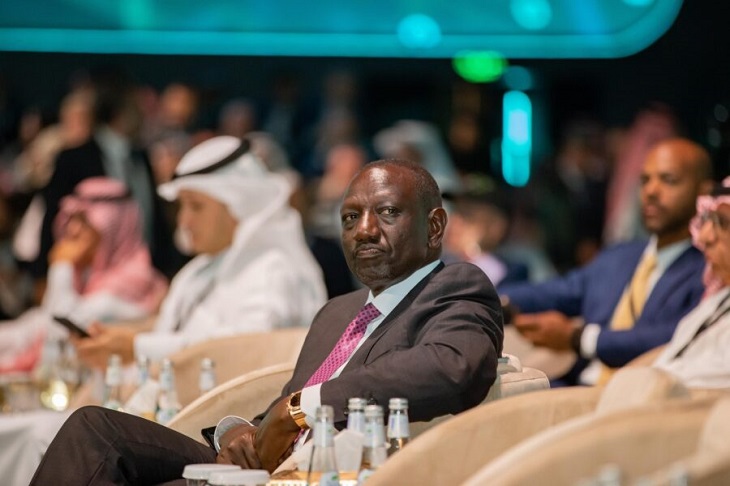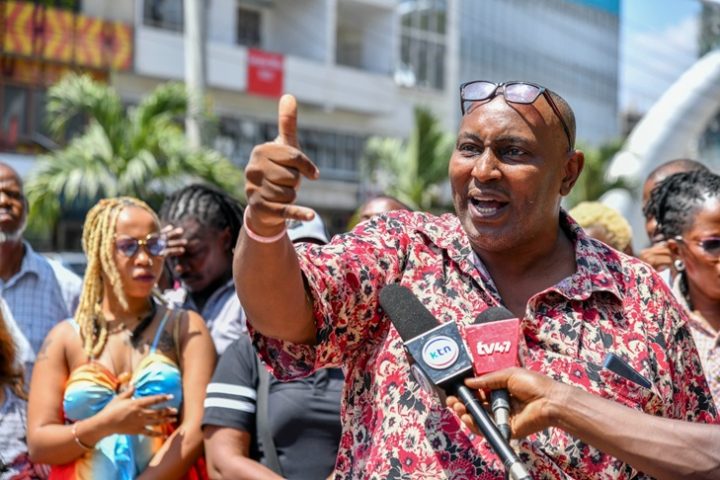When President William Ruto declared, “If there is no country for William Ruto, there is no country for you,” he wasn’t just making a rhetorical flourish.
He was sending a chilling message that echoes a worrying global trend: the creeping personalization of the state. This is the kind of language that transforms democratically elected leaders into autocratic figures — those who mistake criticism of their governance for attacks on the nation itself.
Such a statement may seem like a moment of political bravado, a defensive retort amidst rising public pressure. But when placed in the broader context of civil unrest, youth-led protests, corruption scandals, and growing public disenchantment, it begins to look dangerously like a marker on the road to dictatorship.
Let us be clear: no nation belongs to a leader. The president is a steward, a trustee, temporarily holding the highest office in service of the people, not in domination over them. To conflate the fate of a country with the personal fortune or acceptance of its leader is the first step in dismantling the very idea of a republic.
Ruto’s remark is emblematic of what political scientists call the personalization of power, where leaders centralize authority and portray themselves as the sole guarantors of national unity and progress. In such systems, any dissent becomes “unpatriotic,” any criticism “treasonous,” and any demand for accountability “a threat to stability.”
It is a hallmark of authoritarian regimes — from Robert Mugabe’s Zimbabwe to Yoweri Museveni’s Uganda — to frame opposition as an existential threat. The leader becomes the nation; loyalty to the leader becomes loyalty to the country. And in that framework, citizens who protest, journalists who expose, and institutions that question are branded enemies of the state.
When Ruto implies that his legitimacy is indistinguishable from the nation’s survival, he is not just being defensive. He is erasing the line between government and ruler, between the state and himself. This is profoundly dangerous for a constitutional democracy.
This statement does not exist in a vacuum. It comes at a time when thousands of Kenyans — mostly youth — are in the streets protesting rising taxation, corruption, the arrogance of state power, and economic disenfranchisement. The government’s response? Police brutality, internet disruptions, and a dismissive attitude from the ruling elite. Several young Kenyans have lost their lives. Hundreds have been arrested. And instead of national healing, we get defiance cloaked in the language of entitlement.
Rather than reflect on why Kenyans are angry, the president has chosen to deflect blame and insinuate that those opposing him are enemies of the nation. That’s not democratic leadership — that’s the logic of autocracy.
Kenya has had a difficult history with centralized power. From the days of Jomo Kenyatta to the Moi era, the personalization of the presidency has often led to oppression, censorship, and state violence. The 2010 Constitution was designed specifically to break this stranglehold — to devolve power, strengthen institutions, and limit presidential overreach.
Yet, we are witnessing the slow erosion of these safeguards. Parliament is increasingly toothless, civil society is under pressure, and the executive appears to believe it is above reproach. If Ruto cannot be questioned without him equating it to an attack on Kenya itself, then we are not in a democracy; we are in a cult of personality.
Related Content: 12 Arrested For Attempting To Storm State House And Access Ruto













